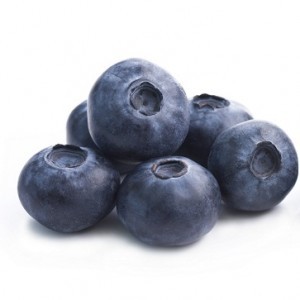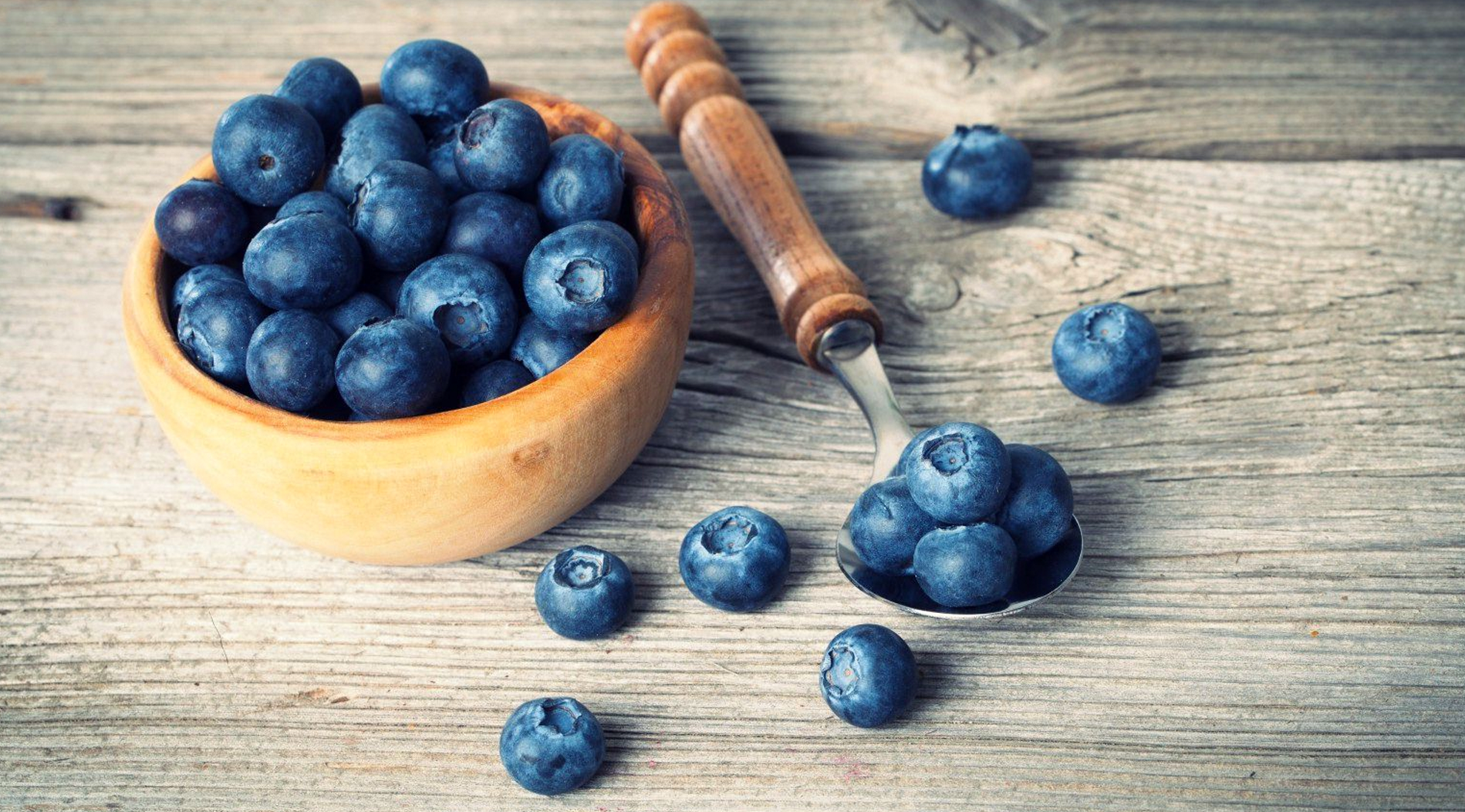Blueberries Show Promise as Treatment for Post-Traumatic Stress Disorder
Up to 8 percent of people in the U.S. suffer from post-traumatic stress disorder (PTSD) as the result of witnessing or being the victim of a traumatic event. People with PTSD have been in a situation in which they were at risk of death, serious injury or sexual violence or have seen first-hand loved ones faces such threats. They may experience flashbacks, emotional detachment and jumpiness, among other symptoms that affect their ability to function in everyday life.
Currently, the only approved therapy for PTSD is selective serotonin reuptake inhibitors (SSRIs), such as Zoloft and Paxil, but their effectiveness is marginal. Now researchers at Louisiana State University have found that a readily available superfood-the blueberry-could be an effective treatment.
Philip J. Ebenezer will present “The Neuro-Protective Efficacy of Blueberry in an Animal Model of Post-Traumatic Stress Disorder (PTSD)” in a poster session on Monday, March 30, at the Experimental Biology meeting (Boston Convention and Exhibition Center from 12:45 to 3 P.M. EDT).
Ebenezer et al. have previously demonstrated that SSRIs increase levels of serotonin (5-HT) and the neurotransmitter norepinephrine (NE) and that the increased NE may reduce the effectiveness of SSRI therapy. In the new study, the research team looked at the ability of blueberries to modulate neurotransmitter levels in a rat model of PTSD. Researchers supplemented some of the rats with a blueberry-enriched (2 percent) diet and others with a control diet. A third control group did not have PTSD and received a standard diet (without blueberries).
They found that PTSD rats who did not receive blueberries demonstrated a predictable increase in NE and 5-HT when compared with the control group. However, the PTSD rats that received blueberries showed a beneficial increase in 5-HT with no effect on NE levels, suggesting that blueberries can effectively modulate neurotransmitters in PTSD.
Full Abstract
Post-traumatic stress disorder (PTSD) is a trauma and stressor-related disorder that results in a prolonged stress response. It is associated with increased oxidative stress and inflammation in the prefrontal cortex (PFC) and hippocampus (HC). Previous findings from our lab indicate that neurotransmitter levels are modulated in the brain of PTSD animals. The only approved therapy for PTSD is the use of selective serotonin reuptake inhibitors (SSRI), but their efficacy is marginal. Recently, we demonstrated that over-activation of norepinephrine (NE) along with serotonin (5-HT) as the possible reason for the lack of efficacy of SSRI. Hence, there is a need for novel therapeutic approaches for the treatment of PTSD. In this study, we investigated the neuroprotective role of blueberries (BB) in modulating neurotransmitter levels in PTSD. Rats were fed with a blueberry-enriched (2 percent) or a control diet. Rats were exposed to cats for one hour on days 1 and 11 of a 31-day schedule to simulate traumatic conditions. At the end of the study, the rats were euthanized and PFC and HC were isolated. We measured monoamines and their metabolites by high-performance liquid chromatography. In our PTSD model, NE levels were increased and 5-HT levels were decreased when compared to control. In contrast, a BB diet increased 5-HT without affecting NE levels. These findings indicate non-pharmacological approaches might modulate neurotransmitters in PTSD. Further studies to understand the molecular mechanism of neuro-protection by BB can provide a potential therapeutic target for the treatment of PTSD.
04/01/2015
Health News Digest







